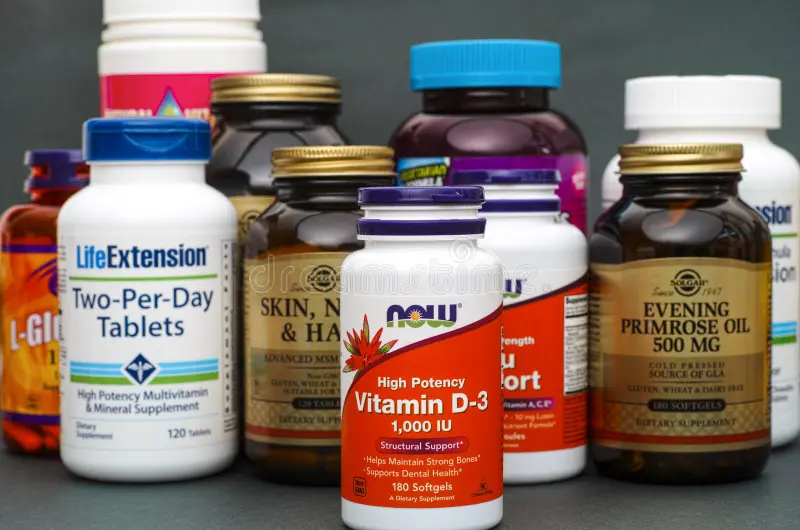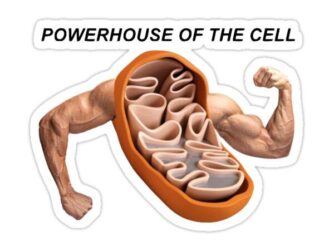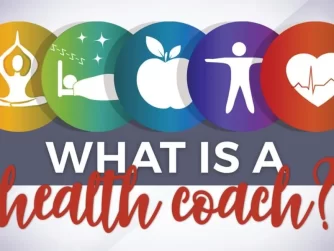If you’ve ever stood in the supplement aisle staring at a wall of bottles wondering, “Do I really need all of this?”—you’re not alone.
As a personal trainer and nutritionist, this is one of the top questions I get from clients. Supplements seem to promise better energy, faster weight loss, stronger workouts, and protection from every illness under the sun. But is that all hype, or is there some truth behind the labels?
Let’s dive into this topic and break it down like we would in a real-life coaching session—no fluff, no fearmongering—just honest, practical advice.
What Are Supplements, Really?
Supplements are exactly what they sound like: supplements to your diet. They’re not meant to replace real food, but to fill in the nutritional gaps your diet may leave behind. These include:
- Vitamins and minerals (like Vitamin D, magnesium, or iron)
- Protein powders
- Omega-3s (fish oil)
- Herbal formulas or specialty blends
- Pre-workouts or recovery aids
Some people genuinely need them. Others just need to tighten up their nutrition habits. The key is knowing the difference.
The Pros of Taking Supplements
1. Filling Nutrient Gaps
Let’s be real: Most people don’t get all the essential nutrients from food alone—especially with processed diets, busy lifestyles, or restrictive eating habits. According to the CDC, nearly 90% of Americans don’t get enough fruits and vegetables. That’s where a well-chosen multivitamin or individual supplement can help.
For example, Vitamin D deficiency is widespread, especially in areas with little sun. A simple D3 supplement (1000–2000 IU daily) can improve mood, immune function, and energy.
2. Convenience
Trying to get omega-3s from fish every day? Or enough iron if you don’t eat meat? Supplements can make life easier when you’re on the go or following a specific diet (like vegan, keto, or gluten-free). They’re also helpful during travel or times when you’re not eating ideally.
3. Performance Boosts (When Used Wisely)
Some supplements can enhance training or recovery when your foundation is solid. For example:
- Creatine supports strength and muscle gains.
- Whey protein helps meet protein needs post-workout.
- Electrolytes can aid hydration for endurance athletes or hot climates.
But here’s the truth: none of these will work if you’re skipping sleep, eating poorly, or not training consistently.
The Cons of Taking Supplements
1. They Can’t Replace a Poor Diet
This is a big one. You can’t out-supplement fast food, soda, and skipping vegetables. Supplements are the sidekick, not the superhero. If your base diet isn’t clean, no pill or powder will fix that.
2. Risk of Overdosing
It’s easy to think, “If a little is good, more must be better,” but that’s not true with supplements. Some vitamins can actually cause harm if taken in excess.
- Vitamin A in high doses can be toxic.
- Iron can cause serious digestive issues or worse if over-supplemented.
- Fat-soluble vitamins like A, D, E, and K stick around in your body and can accumulate.
That’s why “just taking a handful of vitamins” isn’t always smart without understanding your actual needs.
3. Quality Varies Wildly
Not all supplements are created equal. Some brands cut corners, add fillers, or don’t even contain what they claim. Supplements aren’t as tightly regulated as prescription drugs.
Look for these labels:
- USP Verified
- NSF Certified for Sport
- Third-party tested
They indicate the product has been tested for purity and accurate labeling.
Multivitamins vs Individual Vitamins: Which Is Better?
It depends on your needs.
Multivitamins:
- Pros: Broad coverage, easy to take daily, good insurance for generally healthy people.
- Cons: May include nutrients you don’t need or miss ones you do. Lower doses per vitamin.
Individual Vitamins:
- Pros: Targeted doses based on actual deficiencies (like D, B12, or magnesium).
- Cons: Requires more knowledge, possible risk of overdoing it if not careful.
For example, I often suggest a magnesium supplement at night for clients with sleep issues or muscle cramps—because it’s hard to get enough through food alone. But I wouldn’t blanket-recommend that for everyone.
How to Decide if You Should Take Supplements
Here’s a simple approach I use with my clients:
- Start with food. Dial in your diet first: whole foods, lean proteins, healthy fats, plenty of fruits and veggies.
- Track symptoms or patterns. Are you tired all the time? Having trouble recovering from workouts? Struggling with focus or energy?
- Get tested if needed. Blood tests (like for Vitamin D, B12, iron, etc.) can give you real answers.
- Supplement with purpose. Don’t just take a handful of pills. Choose what helps you specifically.
What I Personally Use (And Recommend Often)
Everyone’s different, but here’s what I typically recommend in a coaching setting for general wellness:
- Vitamin D3 – Especially in winter months or low sun exposure
- Magnesium glycinate – Great for muscle recovery and sleep
- Omega-3 (fish oil) – Helps inflammation, joint health, and heart function
- Whey protein – Convenient post-workout or busy-day option
- Multivitamin (if diet is inconsistent) – Look for quality brands like Thorne, Pure Encapsulations, or Garden of Life
The Bottom Line
Supplements can be a powerful tool—but they’re not a shortcut. They’re most effective when they supplement a solid foundation: quality food, consistent movement, sleep, and hydration.
If you’re just starting out in your health and fitness journey, don’t feel pressured to take everything you see on the shelf. Start small. Know your needs. Use supplements with purpose, not panic.
And remember: no supplement will ever replace your discipline, your goals, or your “why.”







